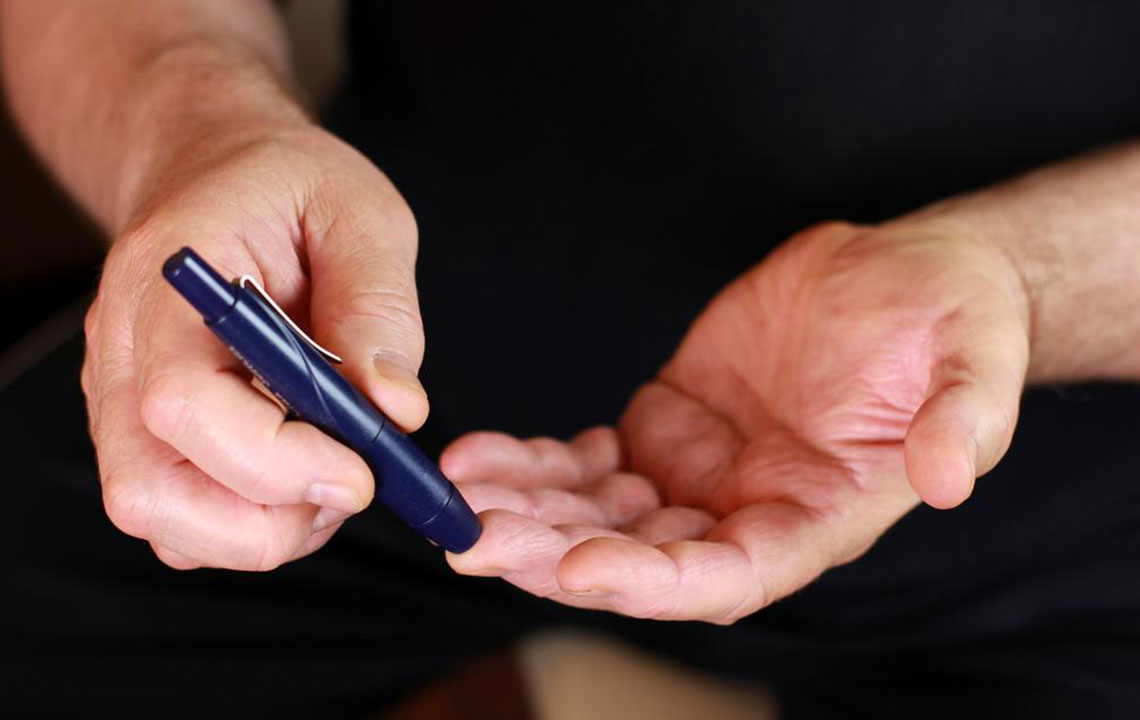Effective Management of Type 2 Diabetes Through Medication and Lifestyle
Learn how to effectively manage type 2 diabetes through medication, lifestyle changes, and understanding the causes and symptoms. This guide highlights key treatments and tips for better blood sugar control, emphasizing the importance of medical guidance and healthy habits.

Effective Management of Type 2 Diabetes Through Medication and Lifestyle
Type 2 diabetes is a long-term condition impacting how the body processes insulin. It is the most prevalent form of diabetes, affecting approximately 27 million people nationwide. In this condition, the body's cells become insensitive to insulin, leading to elevated blood sugar levels. While incurable, proper management through medication, diet, and physical activity can help control symptoms. Recognizing early signs and seeking prompt medical attention are crucial for effective management.
Symptoms include:
Frequent urination
Loss of sensation or tingling in extremities
Non-healing wounds
Yeast infections
Blurry vision
What leads to type 2 diabetes?
A combination of factors contributes to its development.
Genetic factors
Your DNA influences insulin production, meaning some individuals inherit a higher risk.
Weight issues
Being overweight can cause cells to resist insulin, emphasizing the importance of monitoring diet and activity levels.
Liver glucose regulation
The liver naturally produces glucose, but in some, this process is overactive, resulting in excess sugar in the bloodstream.
Metabolic syndrome
Conditions like high blood sugar, abdominal fat, hypertension, elevated triglycerides, and cholesterol increase the risk of developing diabetes.
Medications commonly prescribed include:
SymlinPen
Also called Pramlintide, this medication is used with mealtime insulin to help control blood sugar in type 1 and 2 diabetes, alongside diet and exercise.
Xultophy
A combination of insulin degludec and liraglutide, used with diet and exercise for type 2 diabetes management.
Victoza
Liraglutide mimics the incretin hormone, promoting insulin release to regulate blood sugar; not a substitute for insulin therapy.
Ozempic
Semaglutide works with diet and exercise to control blood sugar but isn't a replacement for insulin if required.
Trulicity
Dulaglutide enhances incretin effects to lower blood glucose when combined with lifestyle modifications.
Glumetza
Metformin helps improve the body's response to insulin, reduce liver glucose production, and limit intestinal sugar absorption.
Always follow your healthcare provider's guidance when using medication. While research is helpful, do not rely solely on internet information. Personalized treatment plans are essential, along with healthy eating and regular exercise to keep blood sugar under control.










